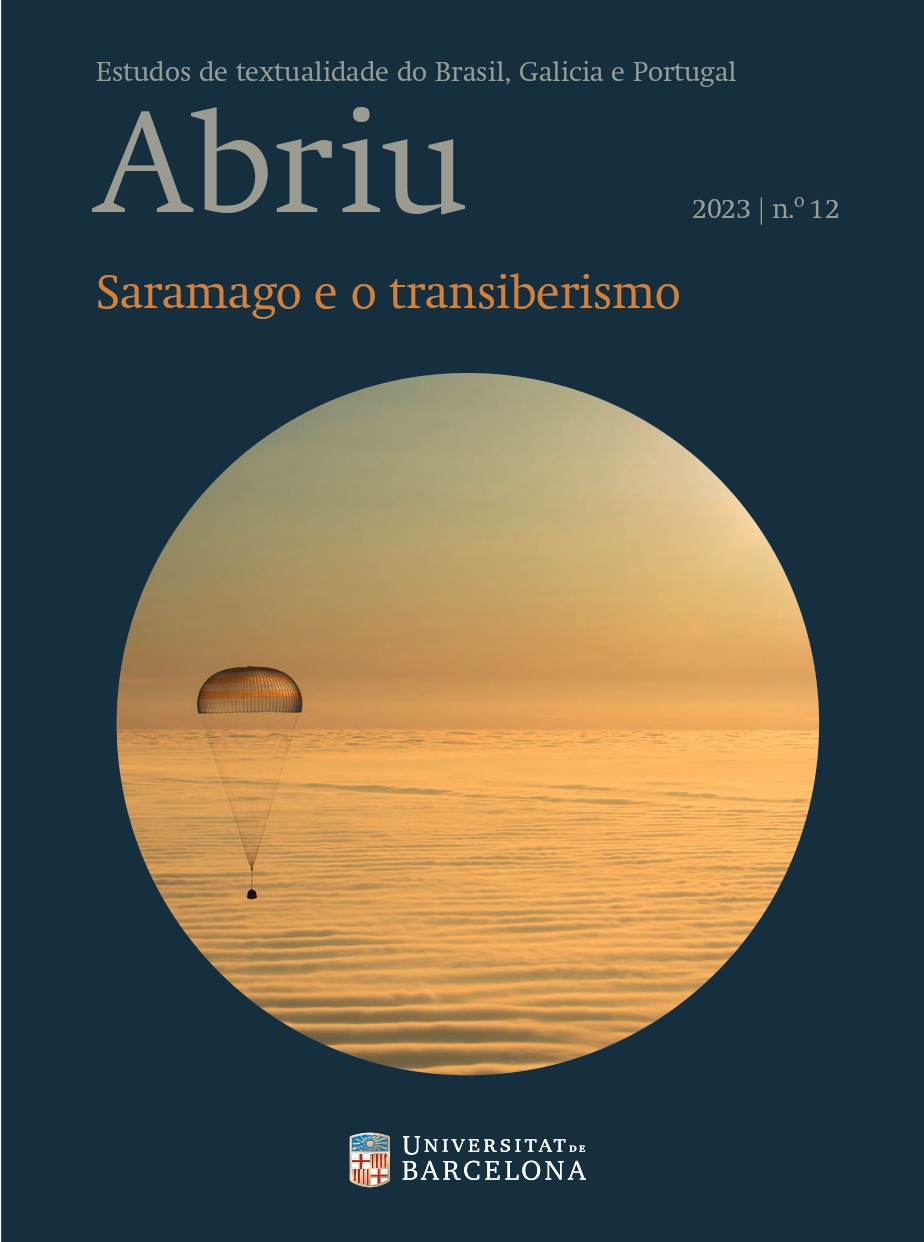The Carnation Revolution and the reinterpretations of Portuguese national myths in Brazil (1974)
DOI:
https://doi.org/10.1344/Abriu2023.12.9Keywords:
Carnation Revolution, Portugal, Brazil, Cultural History, nationalismAbstract
In this article we analyze João Apolinário's assertions about the Carnation Revolution. Thus, we examine how this event was described by the author and what writing strategies were at stake, as these texts were first published in a Brazilian newspaper, Última Hora of São Paulo, and later unified in a book entitled 25 de Abril de 1974 Portugal Model Revolution (Nórdica, 1974). The texts play an introductory role about the Portuguese situation during the Estado Novo from the perspective of João Apolinário and then go on to describe the achievements of the Revolution. The author also mobilized some of Portugal's national myths, trying to dispel the colonial legacy by bringing the revolutionary reality closer to Brazilian readers. With these issues in mind, we operate an analysis allied to Cultural History proposed by Roger Chartier (2002) with the help of Anthony Smith's (1999) considerations on nationalism and the strategies for mobilizing the historical narrative as a source of legitimacy for the demands of the present. In our perspective, these writings performed a double movement of 1) rereading Portuguese national myths, mobilizing them as historical and determinant justifications for the success of the revolution and 2) presenting to Brazilian readers the Portuguese model as a possible way of fighting the reality of the Military Regime (1964-1985).
Downloads
Published
How to Cite
Issue
Section
License
Copyright (c) 2023 Thales Reis Alecrim

This work is licensed under a Creative Commons Attribution-NonCommercial-NoDerivatives 4.0 International License.
The Author retains ownership of the copyright of the article, unless the contrary is stated, and all rights not expressly granted in this agreement, including the non-exclusive right to reproduce, distribute, perform, and display the article in print or electronic form, and grants to Abriu: estudos de textualidade do Brasil, Galicia e Portugal the exclusive rights to first publication of the Article. The work will be available under a Creative Commons Attribution-Noncommercial-No Derivative Works license, by which the article must be credited to the Author and the Journal must be credited as first place of publication.


